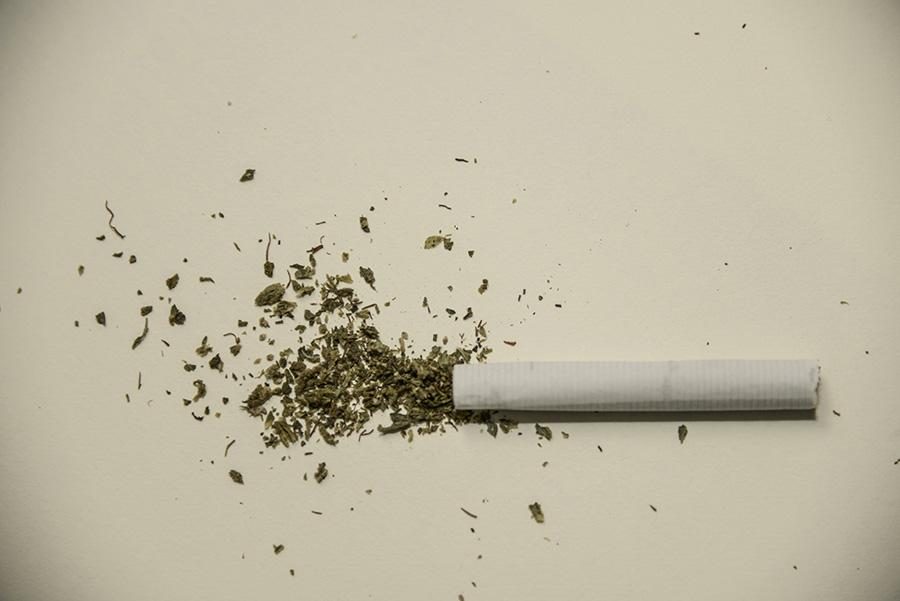Students largely accept marijuana, study says
November 5, 2014
The majority of high school seniors are in favor of marijuana legalization, or at least, they want diminished punishment and decriminalization, according to a study by Joseph Palamar, a researcher affiliated with the NYU Center for Drug Use and HIV Research.
The study, “An Examination of Opinions toward Marijuana Policies among High School Seniors in the United States,” discovered that 33 percent of high school seniors think marijuana should be legal. Another 28.5 percent believe marijuana should be treated as a minor violation. In regards to purchasing marijuana, 10.4 percent of high school seniors said they believe anyone should be able to purchase it if it were made legal.
The study used data from an annual nationwide investigation of high school students called “Monitoring the Future.”
“The MTF survey is administered in approximately 130 public and private schools throughout 48 states in the U.S.,” an Oct. 31 press release from NYU reads. “Roughly 15,000 high school seniors are assessed annually.”
With a portion of the public currently favoring the liberalization of marijuana policies, Palamer saw a need to study adolescents approaching the voting age. Palamar pointed out that many of the high school seniors surveyed in this study have moved on to college.
“Most of these teens will likely continue their liberal views toward marijuana policy in their college years,” Palamar said. “Many people also use marijuana for the first time during their college years so it wouldn’t be surprising if an even larger percentage of college students begin to favor legalization — especially at such a liberal-minded, urban institution.”
According to the study, a person’s political affiliation and gender were both discovered to have an impact on a person’s stance on marijuana legalization.
“Unsurprisingly, political affiliation tended to be strongly associated with positions toward legalization,” the press release reads. “Conservatives were consistently against legalization and decriminalization, and liberals were consistently at higher odds for supporting more liberal policies.”
Evidence was also found that gender has an impact on a person’s views on legalization of marijuana.
“Upon analyzing the responses, Dr. Palamar found that females were significantly less likely to respond that marijuana should be legal, with only 26.7 percent of females surveyed in favor of legalization, compared to 39.2 percent of males,” the press release reads.
Palamar said the general public can expect a greater number of states to enact more liberal laws because college students are now at an age permitting them to vote on local drug policies, causing the gradually liberalizing overall attitude toward marijuana use.
President of Students for Sensible Drug Policy Ashley Frenkel is not surprised by the results of Palamar’s study.
“When I was in high school, for a long time, I was against marijuana for no good reason, but then in my senior year, I definitely began to see the light,” Frenkel said.
Although there is widespread support for legalization of marijuana use in the youth and adolescent age group, Palamar said he does not believe that this is a worrying sign.
“Support for legalization doesn’t necessarily mean intent to use,” Palmar said. “A large percentage of non-users now support legalization, and this can be based on support for liberty, eliminating arrests, raising tax revenues, reducing black markets and associated corruption and harm and even to reduce access to youths.”
A version of this article appeared in the Wednesday, Nov. 5 print edition. Email Shirley Foo at [email protected].























































































































































